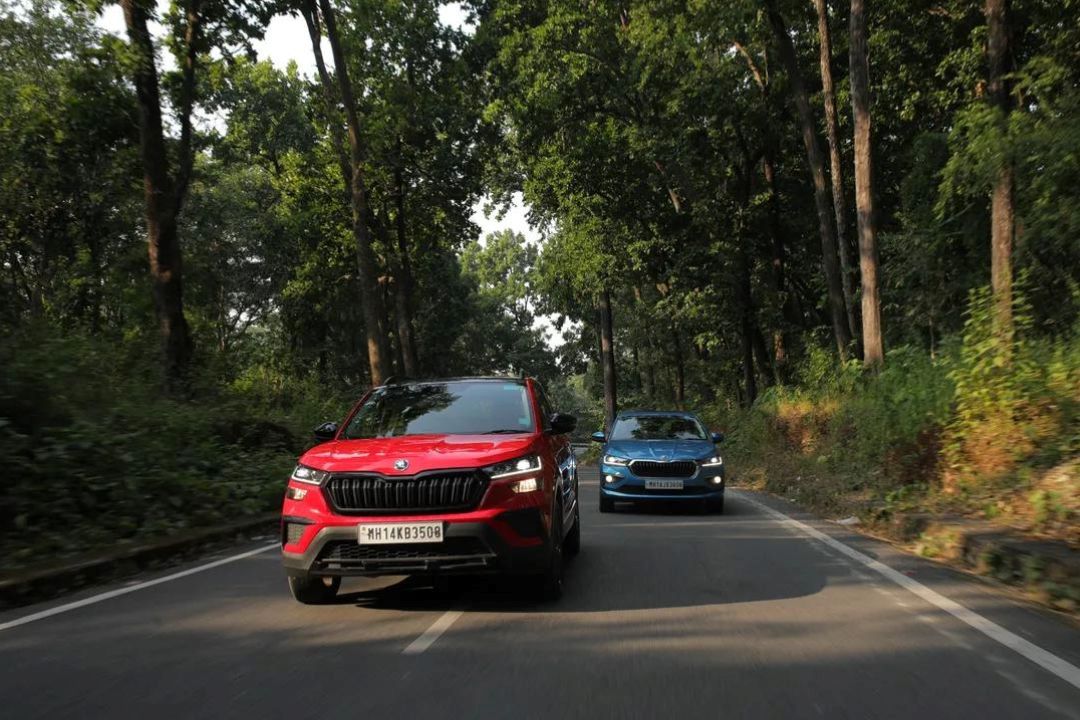Volkswagen has partnered with the German start-up Revoltech GmbH to explore and develop sustainable materials made from industrial hemp for use in car interiors. The collaboration aims to introduce these eco-friendly materials in Volkswagen vehicles by 2028.
The material in development is a 100% bio-based product derived from industrial hemp, specifically utilizing byproducts from the regional hemp industry. This sustainable alternative can be produced on existing industrial machinery and is designed to be either recycled or composted at the end of its use in vehicles. Initial demonstrations of this innovative material have garnered positive responses from potential customers.
Kai Grünitz, Volkswagen’s Brand Board Member for Technical Development, highlighted the company’s openness to new ideas from various industries, emphasizing their commitment to innovative and sustainable solutions for vehicle development.
Andreas Walingen, Head of Strategy at Volkswagen, reinforced that sustainability is a key focus within the company’s ACCELERATE strategy. He noted that the partnership with Revoltech exemplifies the benefits of collaboration between start-ups and established companies in bringing new automotive features to market quickly.
Revoltech’s CEO and co-founder, Lucas Fuhrmann, described their LOVR material—developed in cooperation with Volkswagen—as scalable and groundbreaking for automotive sustainability.
The Volkswagen predevelopment team and Revoltech are specifically working on a bio-based material called LOVR, intended to replace synthetic leather in car interiors. This material is derived from industrial hemp cultivated for the food industry and features a fully bio-based adhesive. The hemp fibers and adhesive are processed into a single-layer surface material that is fully recyclable or compostable. The material, sourced from regional hemp fields, can be easily scaled for mass production using existing industrial facilities.
Volkswagen’s Materials Technology, Design, and Components Development departments are collaborating with Revoltech to explore potential applications for this material in future vehicles. The carmaker anticipates its use in models starting in 2028, noting that customer feedback on the material has been overwhelmingly positive.








